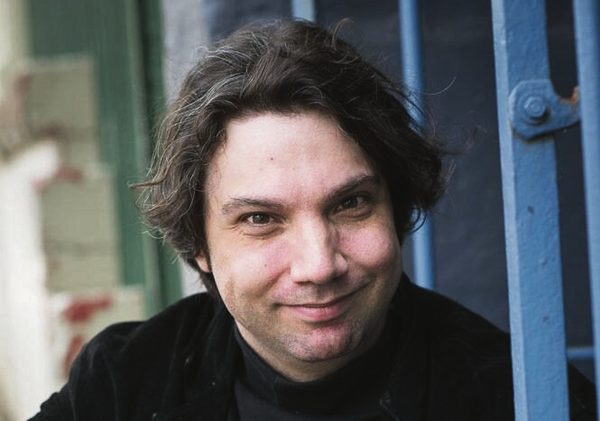Modern adaptation of Richard III
In the production, Dick has cerebral palsy, and while some theatres were weary of producing a play that doesn’t necessarily show disability in the best light, Graham said it’s important to portray this...
Richard ‘Dick’ Gloucester has been bullied his entire life. But he has had enough. It’s time for revenge. He’s on a mission to be high-school president, but as the election approaches, he must outwit his classmates in order to succeed. Or will he fall deeper into a web of greed, manipulation and deceit? Time and time again, he asks himself, is it better to be loved or feared?
A hilarious and sharp-witted play, Teenage Dick, is a contemporary adaptation of Shakespeare’s Richard III, taking audiences into the locker rooms and hallways of a fictional high school in America.
Sydney’s Flight Path Theatre, together with Melbourne-based Divergent Theatre Collective, are presenting the Sydney premiere of the darkly funny hit play. And it features four creative artists with a disability.

For director Dan Graham, who is also a disability advocate with a particular interest in access support for neurodiverse performing artists, it was important that the right people got the right roles, regardless of their ability or disability. Graham, who has a neurodiverse disability and accompanying neurological challenges that impact his daily life, said when he was moving up the ranks of the performing world, disability wasn’t talked about like it is today, although there is still a long way to go.
“It’s a conversation,” he told The AJN. “But a lot of discussion wasn’t happening.”
Graham said he grew up as a “little boy who loved watching the Tony Awards”, and said his love of the performing arts meant it was a natural progression to go into theatre.
“I’ve always been a great observer of the human condition with all its vices and variables,” he said. “It was always at the back of my mind to actually do theatre.”
This year, Graham is the recipient of a Churchill Fellowship to investigate access and opportunities for professional performing artists who are neurodiverse. But he said, he was conscious that he didn’t want Teenage Dick to be the ‘disabled show’, explaining that normalising it is how you ensure true representation. And he said he feels privileged to work with the cast.
“I think what’s really incredible is that it’s a mixture of established and up-and-coming,” he said, including Dean Nash as Dick, who is passionate about creating art true to his experiences. Nash has lived experience of disability and is committed to writing and portraying disabled characters whose, as he says in his bio, “disabilities are the least interesting thing about them”.
In the production, Dick has cerebral palsy, and while some theatres were weary of producing a play that doesn’t necessarily show disability in the best light, Graham said it’s important to portray this, explaining that no matter whether you’re disabled, able-bodied, neurodiverse or neuro-homogenous, everyone has multiple sides to their personality. Everyone can be nice, and everyone can be horrible.
It’s something that writer, Mike Lew, has also discussed, telling The Boston Globe, “There’s this idea that you’re a saint because you’re disabled, but these stories never really look at the person. So the impetus behind the play was to look at disabled tropes then and now and try to carve out a more human portrayal.”
At the end of the day, everyone is human.
Even those who will do anything to claw their way to the top.
Teenage Dick runs from July 19 to August 5 at Flight Path Theatre, Marrickville. For more: flightpaththeatre.org


comments